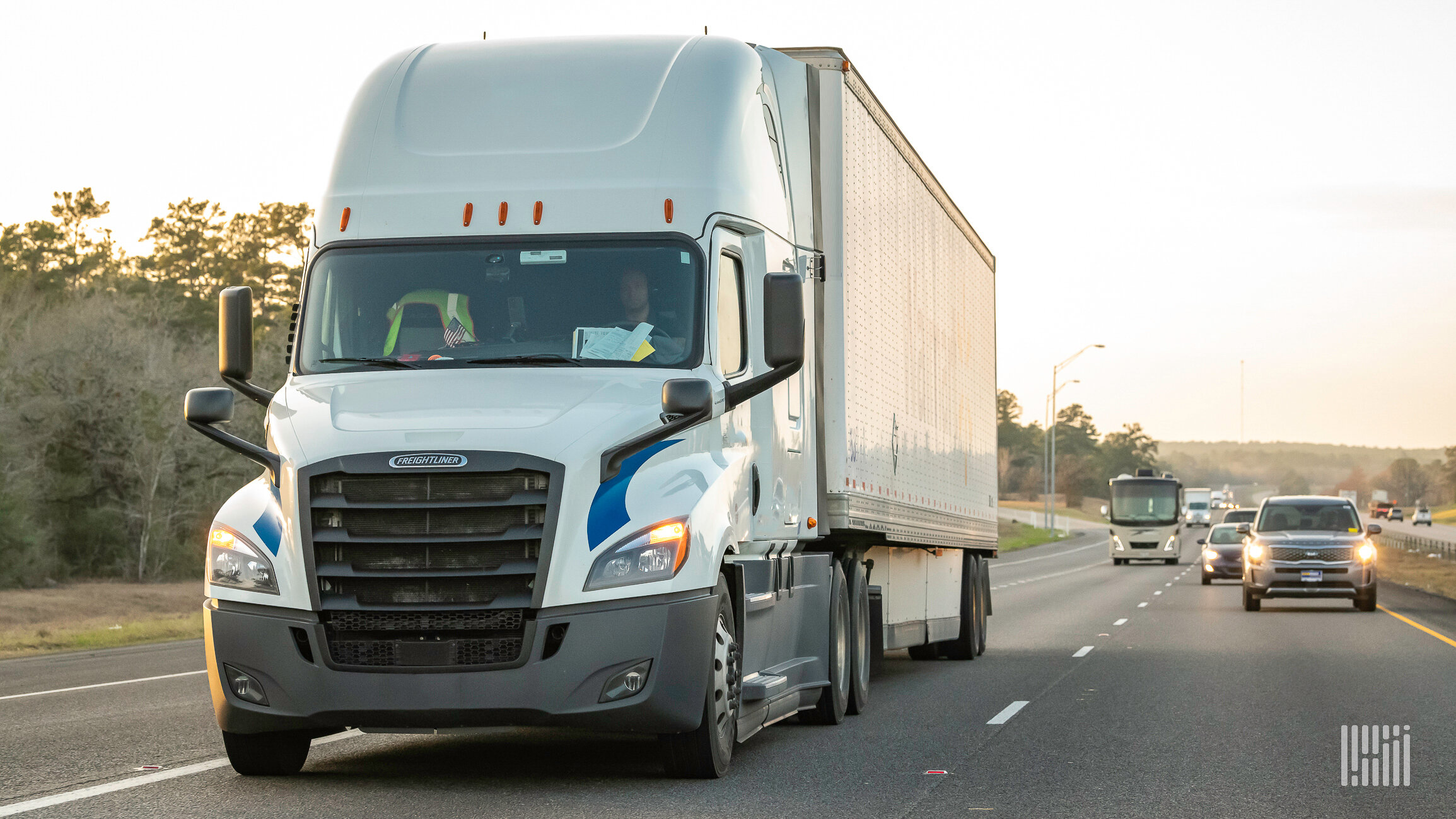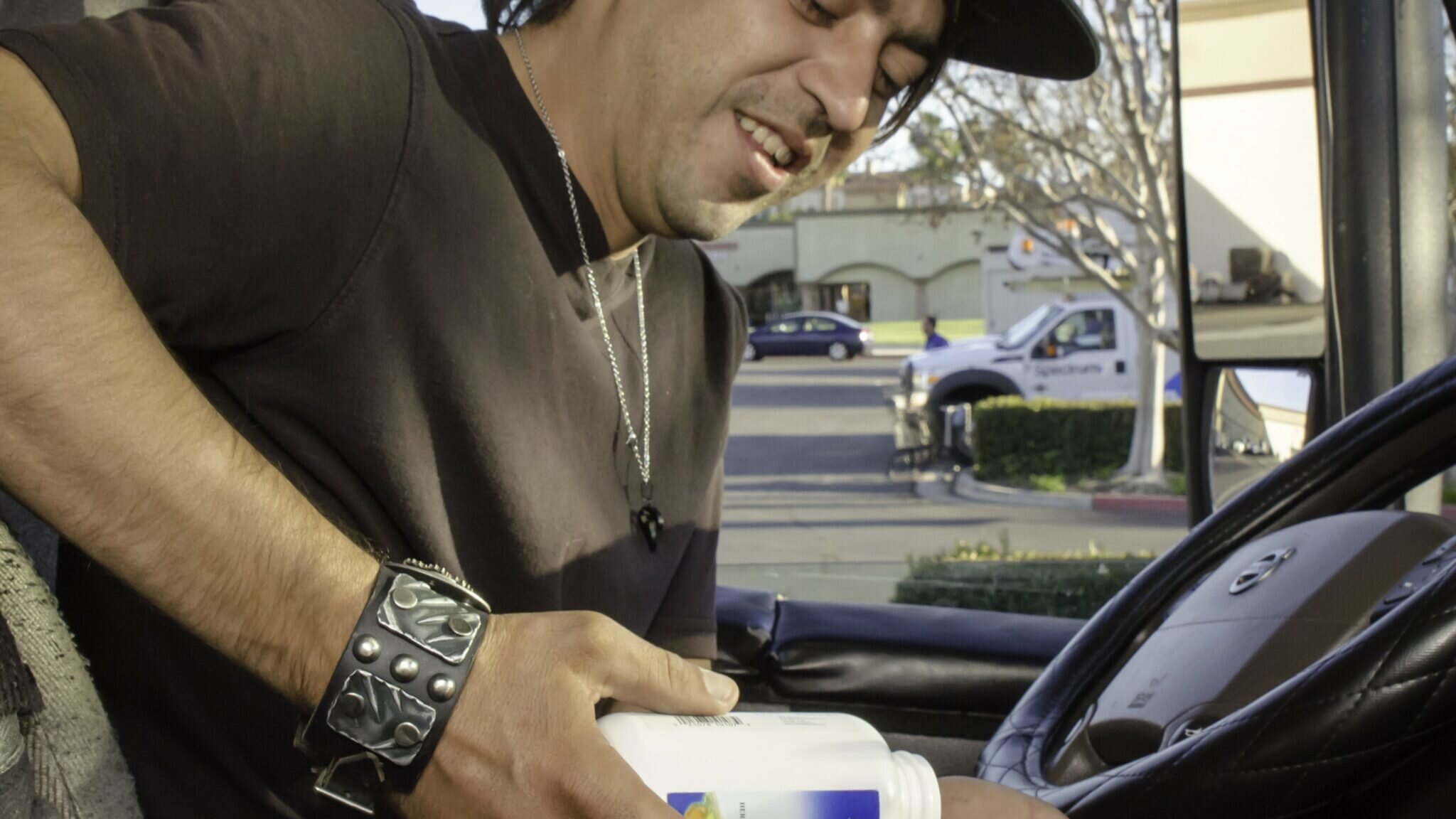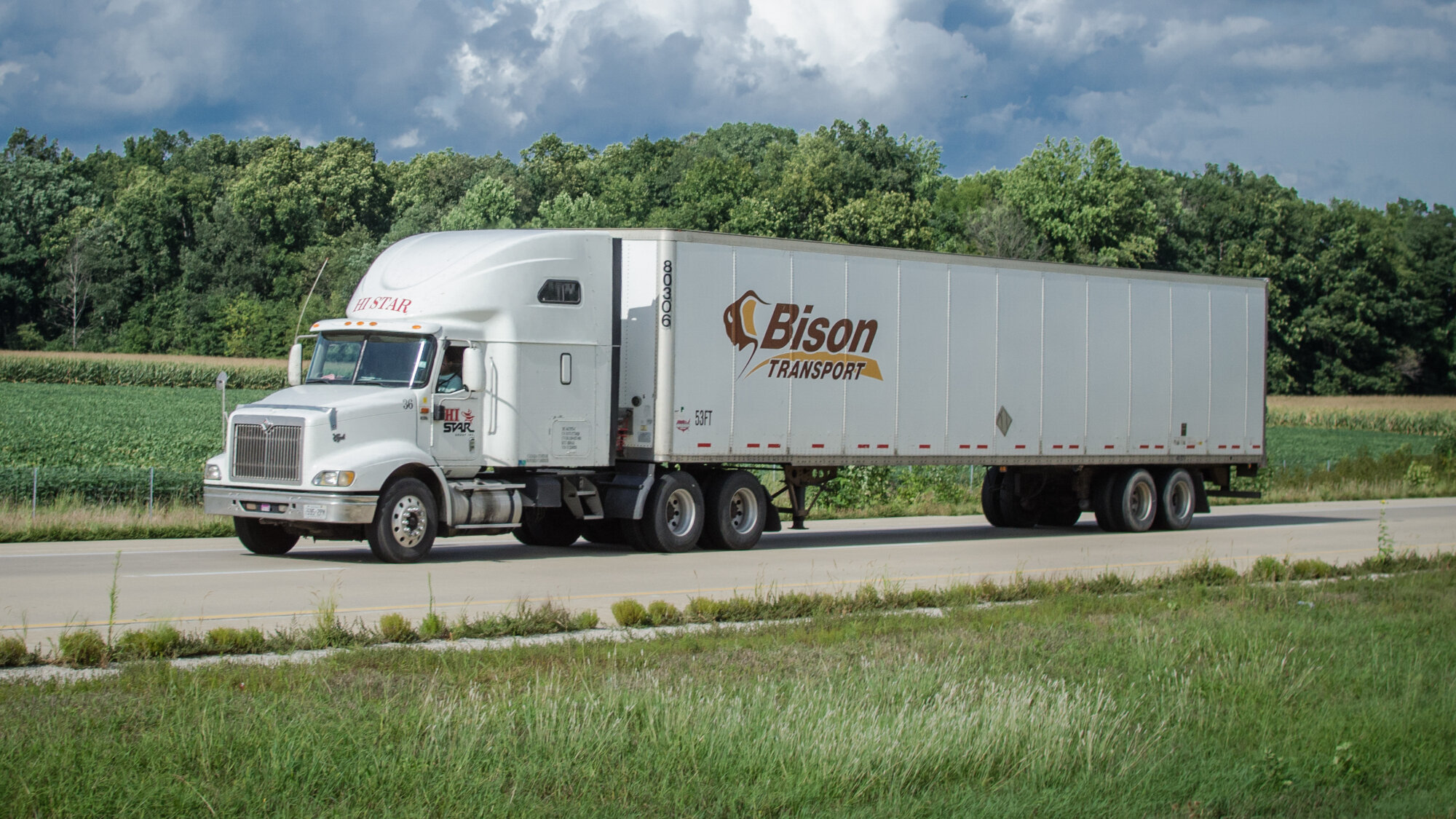“This is an important step in the department-wide campaign to keep America’s roadways, railways, airways and waterways from being used for human trafficking,” U.S. Transportation Secretary Elaine L. Chao said in a media release.
The ban applies to both new and existing drivers, and any driver convicted of using a commercial vehicle to commit a human trafficking-related offense will be banned from operating these vehicles in interstate commerce for life.
“By enforcing a lifetime ban on any CMV driver convicted of severe human trafficking, we aim to deliver a strong and effective deterrent to this abhorrent behavior,” said Raymond Martines, Administrator of the Federal Motor Carrier Safety Administration (FMCSA), in the release. “If a commercial driver is convicted of using their commercial motor vehicle related to human trafficking – that person will never be driving interstate commercial vehicles again.”
The FMCSA finalized the rule last week. The new rule comes on the heels of the No Human Trafficking on Our Roads Act, which President Donald Trump signed into law in 2018.
The act exists to “disqualify from operating a commercial motor vehicle for life an individual who uses a commercial motor vehicle in committing a felony involving human trafficking.” The final rule issued by FMCSA reflects the restrictions passed in the act.
States have three years from the finalization of the rule to become compliant. In order to be compliant with the rule, states must disqualify any driver who “uses a CMV in committing a felony involving a severe form of trafficking in persons.”
The compliance window exists to allow states time to change their licensing regulations to reflect the rule.
“The commercial motor vehicle industry is uniquely positioned to help detect and report human trafficking, and thankfully professional drivers’ efforts often bring an end to these tragic situations,” Martinez said. “Sadly, however, some human trafficking activities are facilitated by the use of commercial trucks or buses.”
Some proactive trucking companies and drivers have been taking steps to identify and eradicate human trafficking for years. The non-profit Truckers Against Trafficking (TAT) provides a certification course for drivers, equipping them to act when they see something suspicious. To date, 730,351 people in the trucking industry are registered as “TAT trained,” according to the organization.
In 2017 alone, the Department of Homeland Security identified over 500 victims of human trafficking, and the National Center for Missing & Exploited Children estimated one of every seven runaways were likely victims of child sex trafficking.
To report human trafficking activity, contact the National Human Trafficking Hotline by dialing toll-free 1-888-373-7888 or by sending a text to 233733.





















